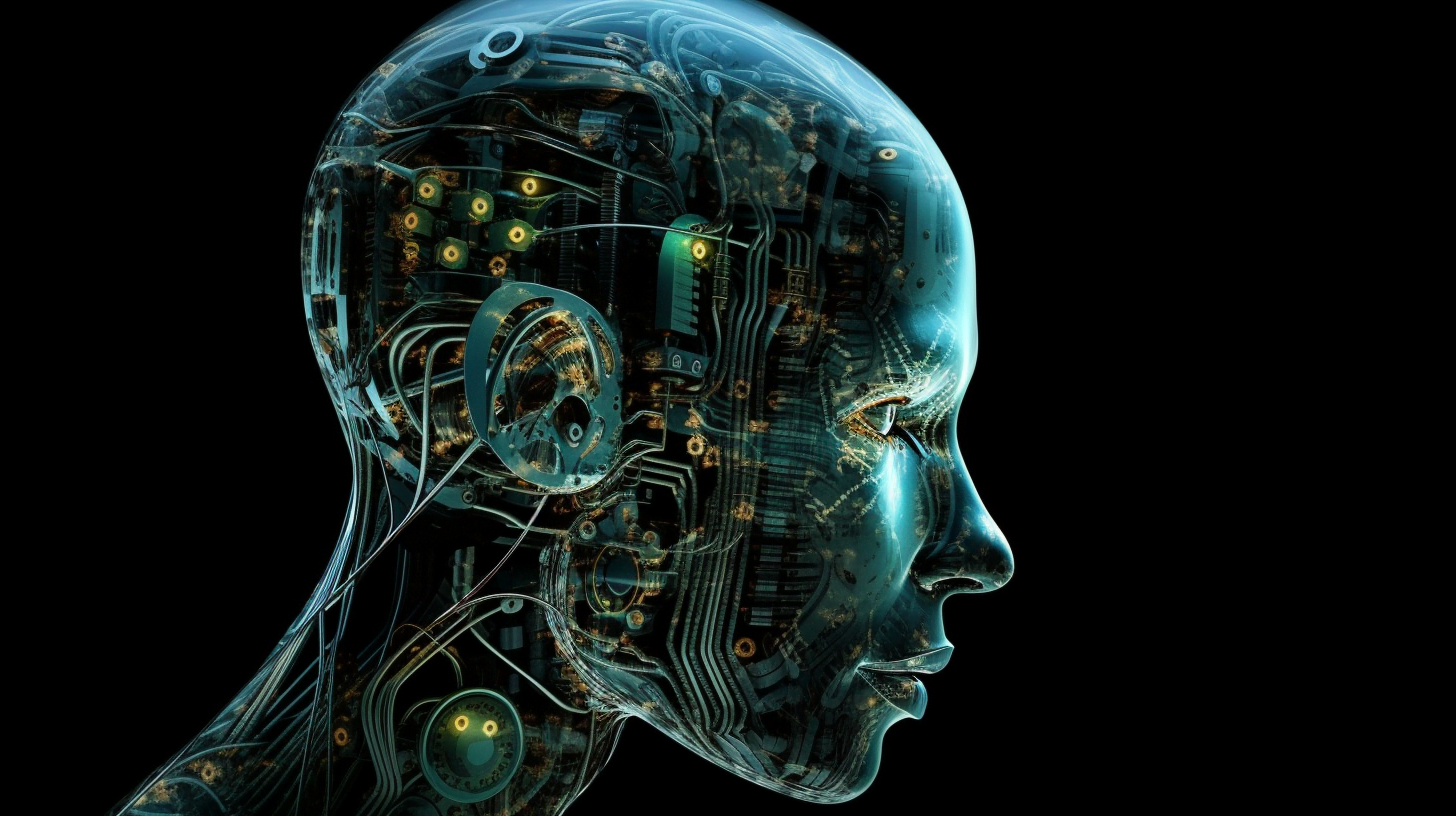Forecasting community Metaculus predicts human-like AI by 2026

The online forecasting community Metaculus currently predicts that there will be a weak human-like AI in January 2026. This is about 25 years earlier than the early 2020 prediction.
Metaculus is a forecasting platform and community focused on compiling and refining predictions about various events, scientific advances, technological breakthroughs, and other topics. Participants submit their predictions to questions posed on the platform, and these predictions are combined into a consensus forecast.
Metaculus uses a scoring system to incentivize accurate predictions and to track participants' performance over time. This motivates them to revisit and update their forecasts as new information becomes available. The platform is open to anyone who wants to participate.
In two forecasts, Metaculus asks about the emergence of Artificial General Intelligence (AGI), a human-like artificial intelligence that can flexibly solve challenging tasks.
General AI is now expected much sooner
A weaker form of general AI, according to Metaculus, should be able to perform all the tasks that a typical college graduate can easily perform. For example, it must be able to solve the math portion of the SAT from a picture without explicit training, or explore all 24 rooms of the complex video game Montezuma's Revenge.
The important thing is that all skills are part of the same system, not individual elements, and that the system can explain how it works. The Metaculus community currently predicts that the existence of weak AGI will be publicly announced in January 2026. About a year ago, this prediction was October 2042, and in early 2020 it was 2050. Over time, the number of prognosticators has grown from about 20 to 747 at last count.

In a second survey, Metaculus asks about the emergence of AGI that can, among other things, pass a two-hour multimodal adversarial Turing test. In an adversarial Turing test, a human tries to expose the machine as such by asking specific questions. It is more demanding than the classical Turing test, in which a person only has to believe that the machine is a human.
In addition, AGI should have robust robotic capabilities, such as being able to assemble a car based on a demonstration or human-written instructions, have a high level of expertise in various domains, and pass challenging intelligence tests. Like the weaker version, this system must be unified and able to explain its actions.
The Metaculus community currently expects this AGI to be unveiled in October 2031. A year ago, the prediction was mid-2057 - again, the community has moved the release date forward about 25 years within a year.

Recent advances, especially in language models, are probably why the community has pushed the prediction into the much nearer future. Even Microsoft researchers have been tempted to say that there is already a "glimpse of AGI" in GPT-4.
Among the unanswered questions are whether today's systems will continue to scale and exhibit emergent capabilities, and, of course, what intelligence is and at what level we attribute it to a machine. In this context, computer scientist Larry Tesler has described the "AI effect," which states that AI is always what the computer cannot yet do.
AI News Without the Hype – Curated by Humans
As a THE DECODER subscriber, you get ad-free reading, our weekly AI newsletter, the exclusive "AI Radar" Frontier Report 6× per year, access to comments, and our complete archive.
Subscribe nowAI news without the hype
Curated by humans.
- Over 20 percent launch discount.
- Read without distractions – no Google ads.
- Access to comments and community discussions.
- Weekly AI newsletter.
- 6 times a year: “AI Radar” – deep dives on key AI topics.
- Up to 25 % off on KI Pro online events.
- Access to our full ten-year archive.
- Get the latest AI news from The Decoder.